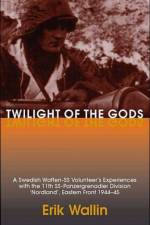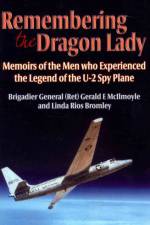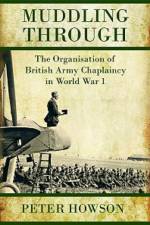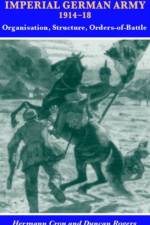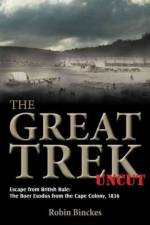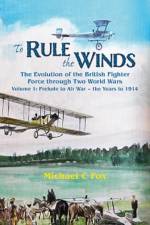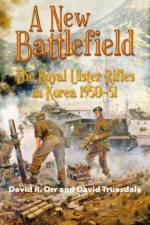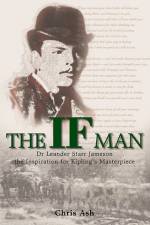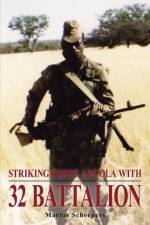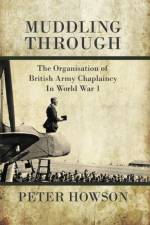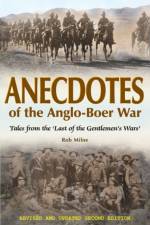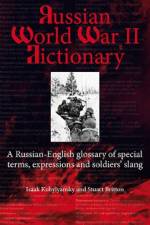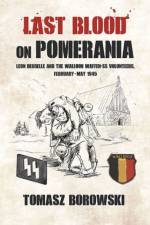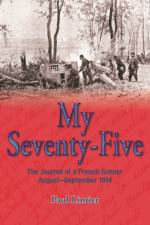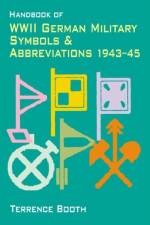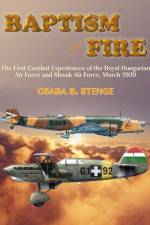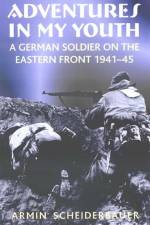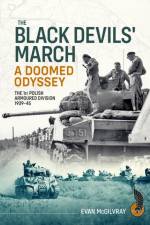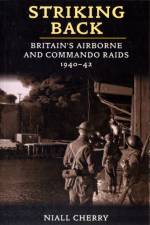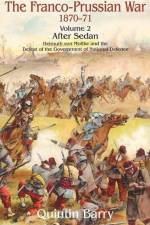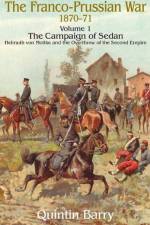- Memoirs of the Men Who Experienced the Legend of the U-2 Spy Plane
av Gerald McIlmoyle
379,-
With heightened tensions mounting in the Cold War, President Dwight Eisenhower's request for more accurate intelligence information on the Soviet Union was the spark that ignited the U-2 project. Modified USAF bombers began overflights of the Soviet Union in 1951, but existing lower flying aircraft in the US inventory were vulnerable to anti-aircraft fire and a number of cross-border flights were shot down. To meet the challenge and improve the survivability, the Lockheed Corporation received approval for their revolutionary design of a new recon aircraft on December 9, 1954. The company began work under a heavy veil of secrecy with only 81 people, including 25 engineers. A test pilot flew the first flight on August 1, 1955, after only eight months of production, a record-breaking result for rollout of a new project, especially one this complex and innovative. A dedicated and inventive group of contractors came together to support the project with partial pressure suits for pilots, high-resolution cameras, and an engine that could carry the aircraft to altitudes of 70,000 feet and higher. Nicknamed the Dragon Lady, the U-2 has flown over Cuba, Alaska, North and South poles, Vietnam, Australia, Sweden, New Zealand, and Afghanistan. The U-2 is as relevant today as it was 50 years ago. More recently it flew over the hurricane ravaged US Gulf Coast to collect imagery of the destruction over a 90,000 square mile area. First-person memoirs of many of the men who supported the early US spy plane project are included in this book. They include pilots, maintenance specialists, a flight surgeon, photographic specialists and some family members. The US also trained U-2 pilots from Taiwan and the UK and some of their photos and memoirs are in this coll

